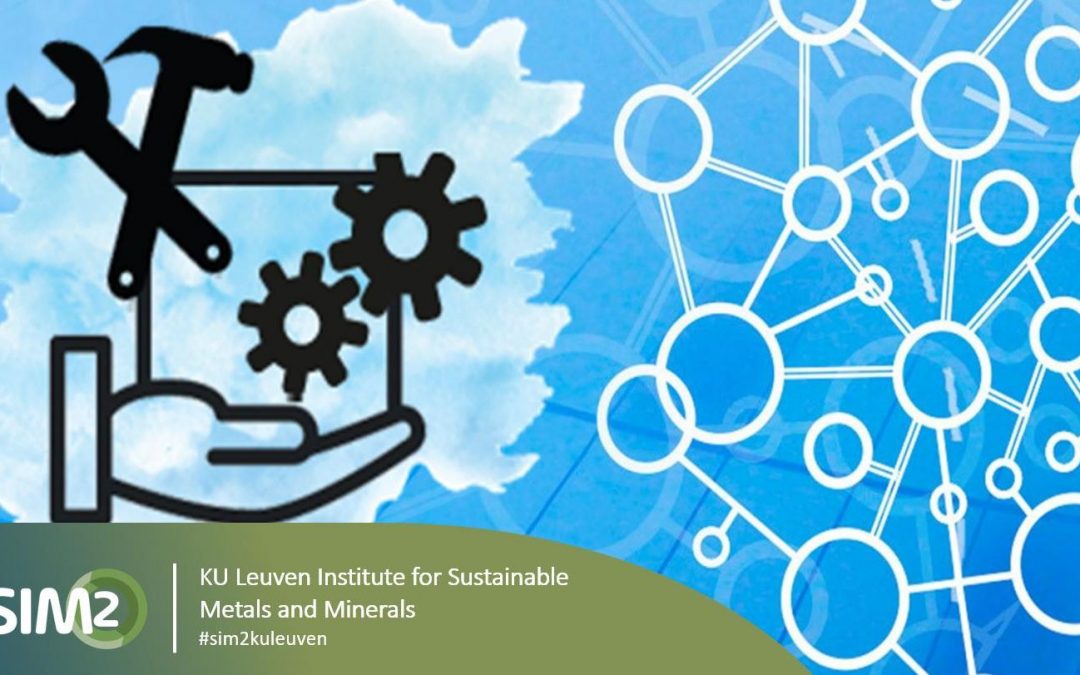The digital transition generates data that can enable and support the optimisation of products and accelerate the circular economy adoption. However, the potential of this digital transition to support product repairability has not yet been fully explored. Therefore, this study aims to provide fundamental knowledge on potential opportunities and limits of repair data for specific repair applications relevant to different stakeholders. This research was conducted by the TU Berlin in close collaboration with the lifecycle engineering (LCE) research group of the KU Leuven.
An unfiltered dataset was obtained from an independent repair shop and an explorative data analysis approach was applied to clean, visualize and analyse the data. The applied data cleaning techniques are scalable and adaptable to other repair dataset which would reduce cleaning efforts significantly.
Benefits of repair data
The potential benefits of the repair data was investigated through three specific applications. Firstly, the analysed repair data enabled the identification of priority parts based on (1) failure modes occurrence, (2) increasing failure modes occurrence over time and (3) low repair success rates.
Secondly, the data analysis showed that repair costs can be lowered by increasing repair time for deeper component disassembly while also using less expensive material (replacing small component vs large part).
Thirdly, the potential of repair data to improve the symptom-based diagnose was demonstrated. It allows to establish a step-wise diagnose process, especially for symptoms with high repair time variation and failure mode probabilities. Such an approach is expected to significantly reduce labour time and therefore also repair costs.
Recommendations
Recommendations are derived for future data collection to derive target repair parameters efficiently. Harmonising classification systems, improving data recording processes and using a centrally provided product model databases will makes the target repair parameter extraction more viable and increase the potential benefits of data pooling.
Full reference of paper
Wagner, E., Bracquené, E., Jaeger-Erben, M. (2020). Exploring 14 years of repair records –information retrieval, analysis potential and data gaps to improve reparability. Journal Of Cleaner Production, Art.No. 125259. doi: 10.1016/j.jclepro.2020.125259
LCE research group
https://www.mech.kuleuven.be/en/research/LCE


.JPG)